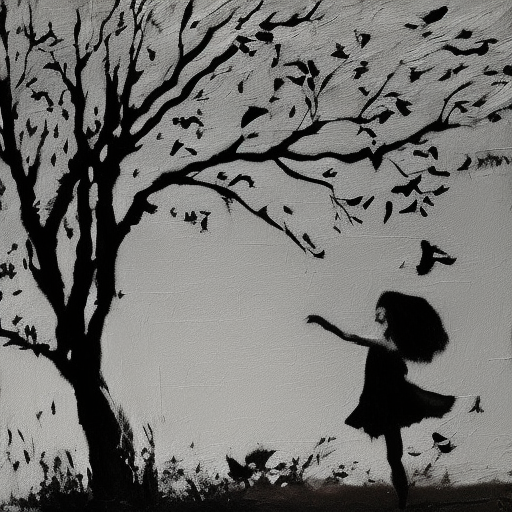Ivan’s Childhood (1962): A Haunting Tale of Loss and Redemption
Main Cast and Crew:
- Director: Andrei Tarkovsky
- Writer(s): Vladimir Bogomolov, Mikhail Papava, Andrei Tarkovsky
- Key Actors: Nikolay Burlyaev as Ivan, Valentin Zubkov as Captain Kholin, Evgeniy Zharikov as Lieutenant Galtsev, Stepan Krylov as Galtsev’s Assistant, Nikolay Grinko as Masha’s Father
- Music Director: Vyacheslav Ovchinnikov
- Director of Photography: Vadim Yusov
- Producers: Evgeniy Ivanov, Michail Kalatozov
Plot:
In the midst of World War II, Ivan, a 12-year-old Russian boy, becomes a scout for the Soviet army. Haunted by the loss of his family, Ivan is determined to avenge their deaths by infiltrating enemy lines. Despite his youth, Ivan’s intelligence and resourcefulness make him an invaluable asset to the army. However, his superiors are torn between utilizing his skills and protecting his innocence.
As Ivan embarks on dangerous missions, he encounters Captain Kholin, who recognizes the burden the young boy carries. Kholin becomes a father figure to Ivan, offering him guidance and compassion amidst the brutality of war. Alongside Lieutenant Galtsev and his assistant, Ivan forms an unlikely bond with these soldiers, finding solace in their camaraderie.
Throughout the film, Ivan’s memories of his idyllic childhood resurface, juxtaposing the harsh reality of war with the innocence he has lost. These flashbacks reveal his deep longing for a normal life and his desperate desire to reclaim his stolen youth. Ivan’s determination to fight becomes a symbol of his refusal to surrender to the horrors of war.
Themes and Motifs:
Ivan’s Childhood delves into the devastating impact of war on the human psyche. It explores themes of loss, trauma, and the resilience of the human spirit. Tarkovsky masterfully juxtaposes the beauty of nature with the brutality of war, highlighting the stark contrast between innocence and violence.
The motif of dreams and memories plays a significant role in the film, blurring the boundaries between reality and imagination. Through Ivan’s dreams, Tarkovsky explores the power of the subconscious mind to cope with trauma and create a sense of hope amidst despair.
Reception and Legacy:
Upon its release, Ivan’s Childhood received critical acclaim for its poetic storytelling and visual brilliance. It won the Golden Lion at the Venice Film Festival in 1962, propelling Tarkovsky to international recognition. The film’s innovative cinematography and exploration of complex themes established Tarkovsky as a visionary director.
Ivan’s Childhood has had a lasting impact on cinema, influencing numerous filmmakers with its unique blend of war drama and psychological introspection. Tarkovsky’s distinct visual style, characterized by long takes and atmospheric imagery, continues to inspire filmmakers to this day.
Recommendation:
Ivan’s Childhood is a haunting and deeply moving film that explores the devastating effects of war on the human spirit. Tarkovsky’s masterful direction and the exceptional performances by the cast make it a must-watch for cinephiles and fans of poetic cinema. However, due to its intense subject matter and mature themes, it may not be suitable for all audiences.
Memorable Quote:
“I’m not afraid of anything anymore. I’m not afraid of anyone anymore.” – Ivan












